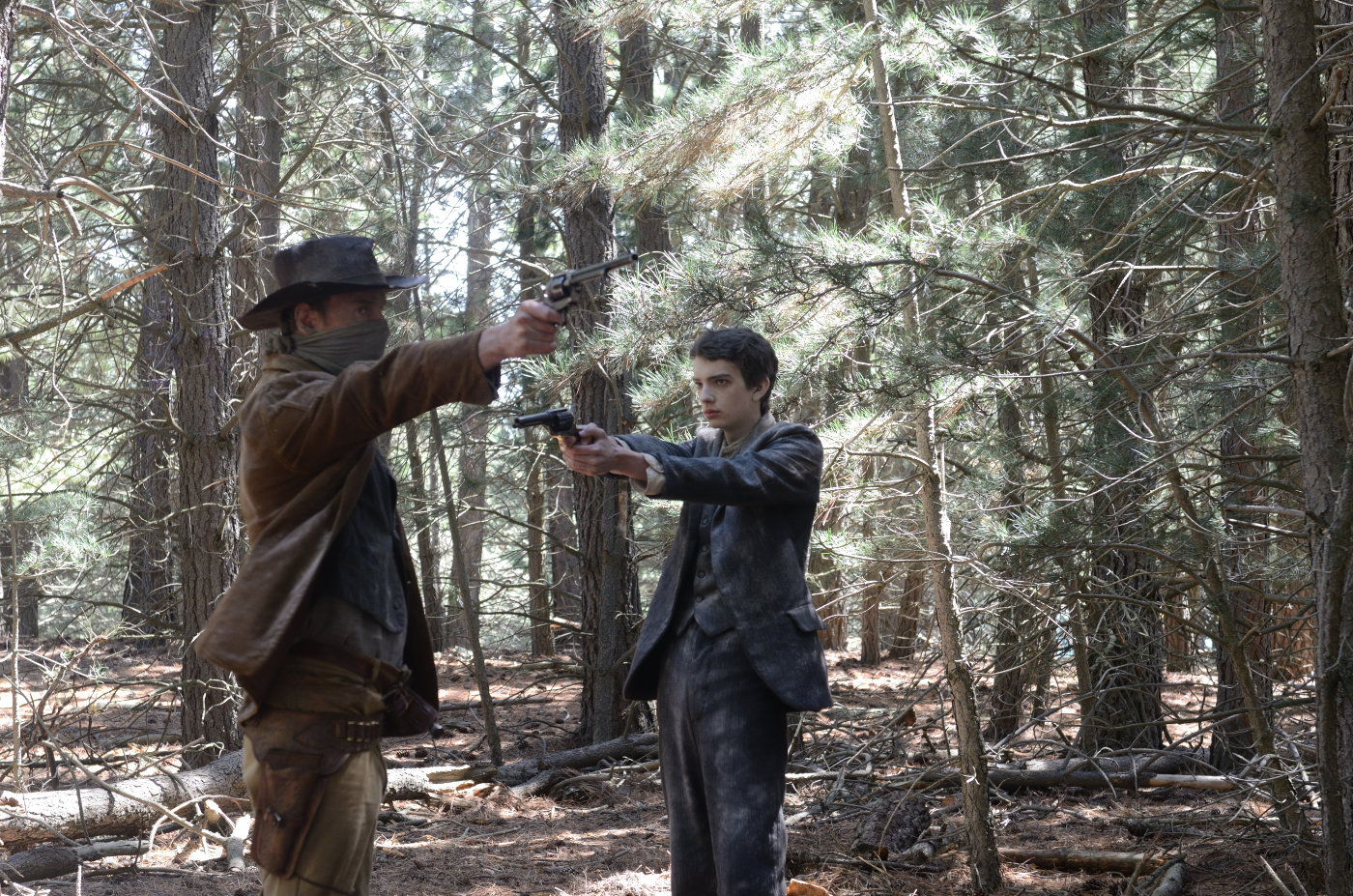My thought is if you ever get a parking spot in Waikiki, keep it forever, because whatever parking ticket violations you incur, the use of the real estate is the greater value. That is how expensive this land is. Waikiki is 3.4 square miles of beautiful water, opulent sand, luxury hotels and … I want to say “tourist traps,” but if you can afford to stay in Waikiki, the Apple Store and the Victoria Secret there aren’t so much tourist traps as personality extensions.
Suffice to say, Waikiki is kinda both too small and too posh to have a dark side. Yeah, I’m sure the beach attracts homeless at night, but even then I’m also sure the local constables keep the riffraff at bay. Yet Waikiki the film seems to be set in the part of Oahu that most resembles Grand Theft Auto.
Kea (Danielle Zalopany) has three different jobs, apparently none of which pay the bills. After ditching her abusive boyfriend, she takes to living in her van. I bet the kids she teaches really appreciate that fresh van smell … or the nightclub smell from her other part-time work. Wait. Seriously. The nightclub stripping stuff doesn’t pay the bills? Then why do it? This boggles the entire philosophy of employment. There are literally billions of people in the world who don’t like their jobs but do them because jobs pay more than sitting around. If you have a terrible job and it doesn’t pay enough for you to afford housing … it’s time to get a different terrible job. I’m not sure why I have to explain this.
After fight #2 (?) with (boyfriend), Kea takes to the night and hits a homeless guy (Peter Shinkoda) with her van. Feeling responsible, Kea piles homeless guy into the van and delivers them both … to a parking lot. Congratulations, Kea, you have totally owned that responsibility. One of the big problems with Waikiki is that the film only gave us one character to like … and I don’t like her very much. For one thing, multiple times during this film Aloha Karen here “solves” a problem by yelling harder and uglier.  Yes, this is human nature. Yes, it is perfectly logical. In the film world, however, this is lazy writing. Nothing has been changed in your world except the heroine becomes a little more desperate.
Yes, this is human nature. Yes, it is perfectly logical. In the film world, however, this is lazy writing. Nothing has been changed in your world except the heroine becomes a little more desperate.
During Kea’s rant to get the van out of police storage, I felt like the director instructed: act like a drug addict who may-or-may-not-be currently on drugs. That could be failed directing, failed writing, or failed acting. Take your pick.
Waikiki veers wildly from a failed study on addiction to a failed exposé on tourist reality to a failed exploration of schizophrenia. There was a mature film in here … one determined to explore the relationship between Kea and Wo (the homeless guy), but the film assumed a deeper meaning existed that would compensate for a lack of action, dialogue, plot, or happiness. Maybe give this film another chance in five or six re-writes.
You gotta watch out in places like San Fran
They’ll attract stragglers by person or clan
The tourists, well-mapped
Don’t just get trapped
They get rammed, slammed and stuffed in a van
Not Rated, 90 Minutes
Director: Christopher Kahunahana
Writer: Christopher Kahunahana
Genre: Down and out at the mega-surf inn?
Type of being most likely to enjoy this film: The homeless of Honolulu
Type of being least likely to enjoy this film: The Hawaii tourism board



